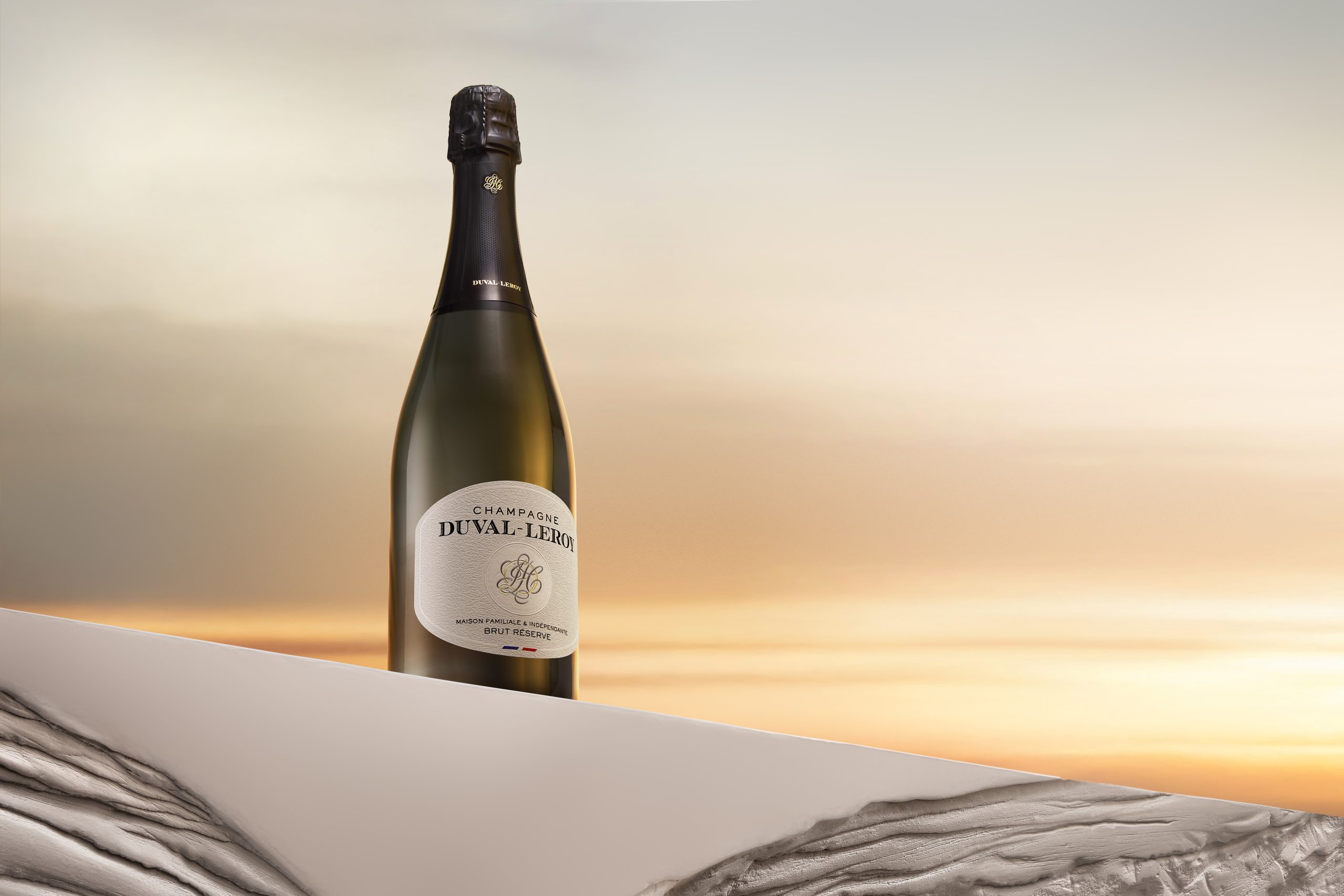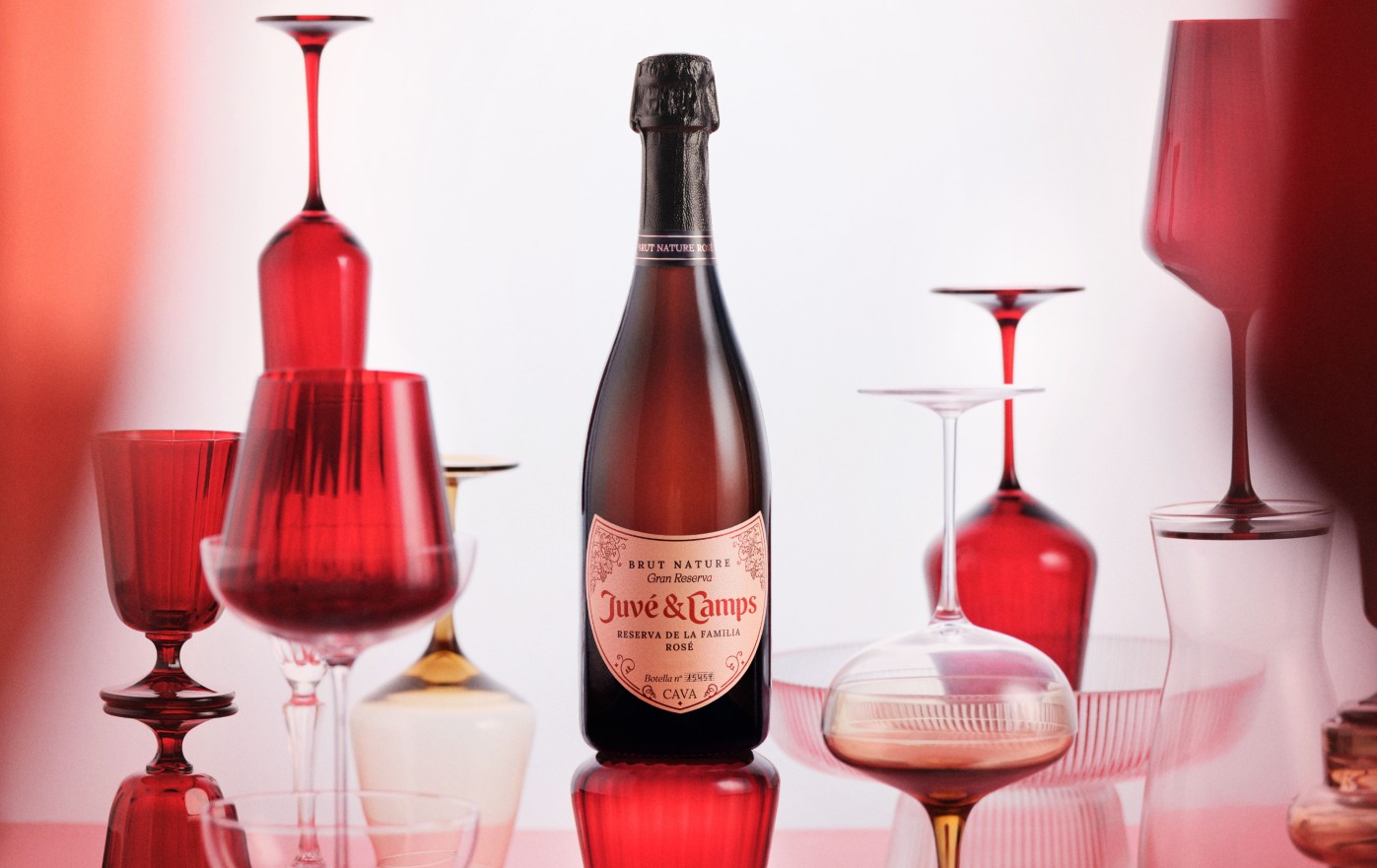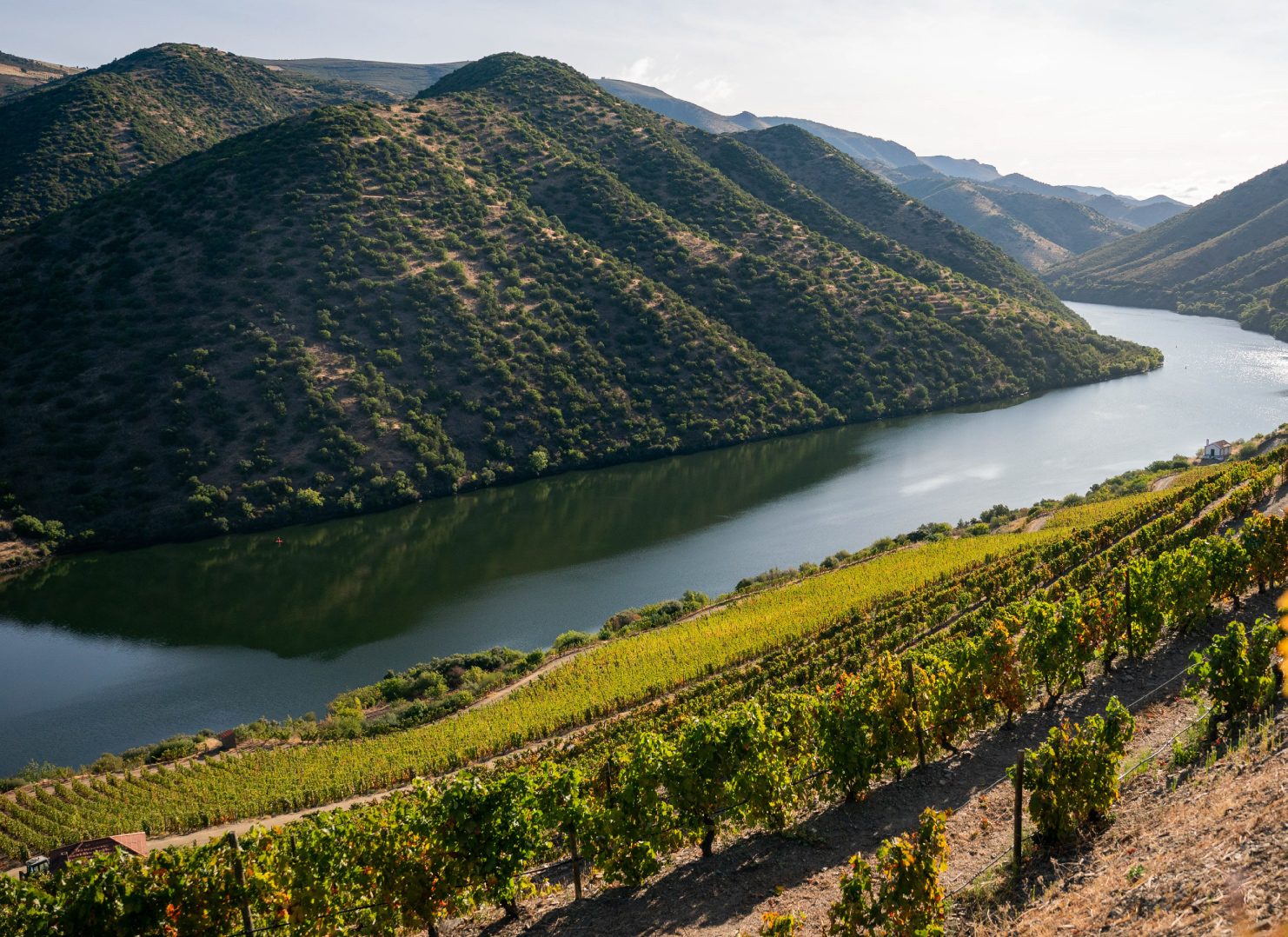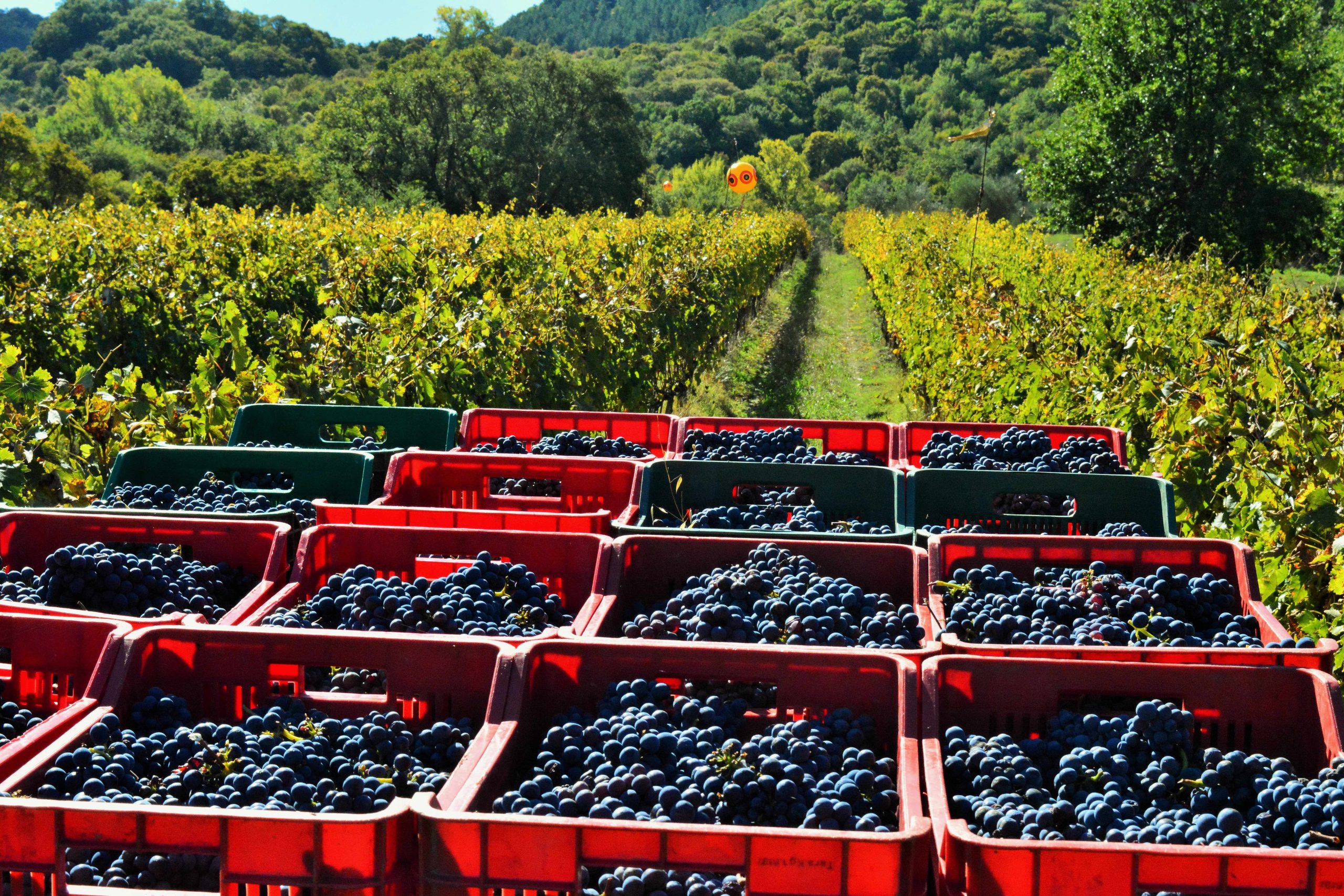Forget everything you know about Rioja pairing….
At an imaginative food pairing for Rioja wines, sommelier Gonzalo Rodriguez Diaz tells db why there are plenty more mouthwatering combinations for drops from this region than red meat.
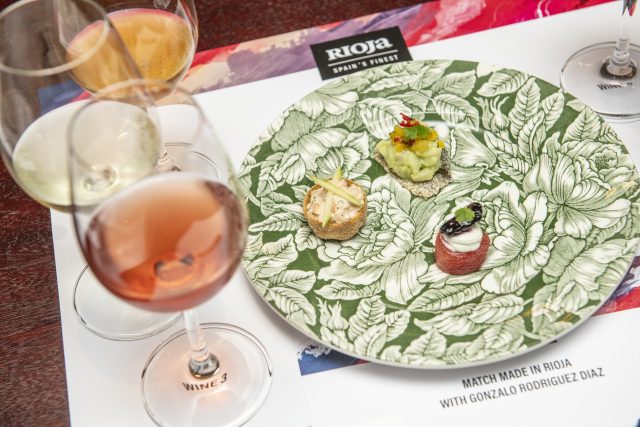
“When it comes to the Rioja selection on London wine lists there tends to be one to three classic styles, the usual suspects,” Gonzalo Rodriguez Diaz, sommelier at the two Michelin-starred La Dame de Pic restaurant in Tower Hill, told db. “But there is a wealth of opportunity to be discovered within Rioja and people are really starting to wake up to this.”
The objective of his wine pairing masterclass, part of the Rioja Residency held at The Ned on Wednesday 21 June, was to highlight the immense diversity of the acclaimed Spanish region, and to encourage wine fans to move away from their more conservative tastes.
“I want to break perceptions,” he said. “People like to put things in boxes and we need to get rid of the labels that we put on things.”
One of the key messages of the Rioja Residency in fact, was that Rioja is not a style of wine but a place, with as many idiosyncrasies and styles as the location.
Rodriguez Diaz’s masterclass called into question some traditional assumptions, such as that only bold red wines from the region need decanting. To prove the point, he pours an “extremely powerful” Garnacha Blanca (the Basilio Izquierdo Blanco 2014) made in a Bordeaux style, which requires a good two to three hours’ air-time before drinking.
He similarly debunks the outdated notion that rosados from Rioja are of the cheap and cheerful variety by uncorking a 100% Tempranillo Gran Reserva rosado produced by Bodega Akutain in Rioja Alta, which retails for £85 per bottle. “I love to drink this with baked aubergine, the skin slightly burned, with maybe a bit of caviar,” said Rodriguez-Diaz.
We try a Maturana Blanca orange wine from the 2019 vintage, which spent 100 days on its skins before being aged in amphorae. Calling Maturana Blanca a “misunderstood grape” the sommelier applauds the variety’s ability to make wines with tension and texture thanks to its high acidity, and, says Rodriguez-Diaz, it may well “deserve a place in a fine dining restaurant.”
The wine (La Pequeñita Maturana Blanca by Alonso & Pedrajo) explodes with tropical notes of mango and passionfruit, and pairs beautifully with a seabream ceviche, marinated in mango, chilli and tiger milk.
According to Rodriguez-Diaz, the wine would work equally well with “eel or trout, both of which were very common in the Villalba de Rioja region, and were an important part of people’s diet there.”
Partner Content
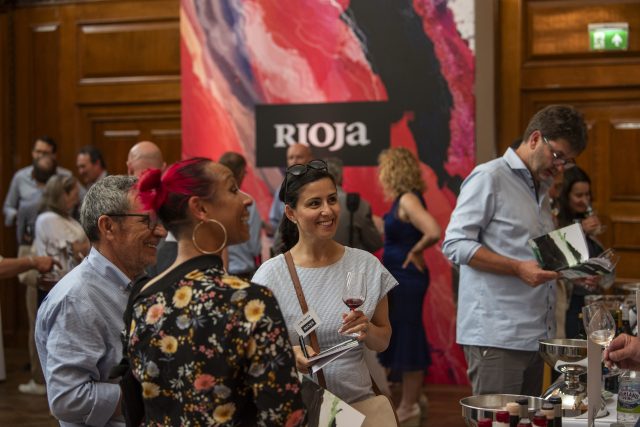
Continuing to challenge the status quo, Rodriguez Diaz is keen to stress that amazing wines can be found from vintages that have been widely slammed.
“The 2017 vintage in Rioja has an extremely bad reputation but I’ve found some incredible wines from that year,” he said, urging people not to write off wines purely based on the year in which they were made.
He highlights Bodegas Moraza Garnacha 2017, a remarkably fresh biodynamic wine from San Vicente, aged entirely in concrete tanks, the grapes for which were picked “three weeks before everyone else”. The complex, elegant wine bears none of the weight of its 13% ABV on the palate.
Rodriguez Diaz makes the point that wines from the same vintage may also taste drastically differently due to some producers bottling right away while others bottle on demand, meaning that some of the wines “see a lot more wood than others”.
“More and more in Rioja we are seeing wines that don’t make you exhausted,” he said. “Wines where you can enjoy a second bottle and conversation with friends.”
Finally, Rodriguez Diaz urged consumers and wine professionals alike “not to think so much about areas or towns within Rioja when choosing a wine. Instead, think of producers, their philosophy and what they are trying to do; the style and personality behind the wines” as no two wineries, even when located next door to each other, strike the same note.
Related news
Zamora Company to distribute Bottega sparkling wines in Spain
Cabernet Franc on track to become the official grape variety of New York State

